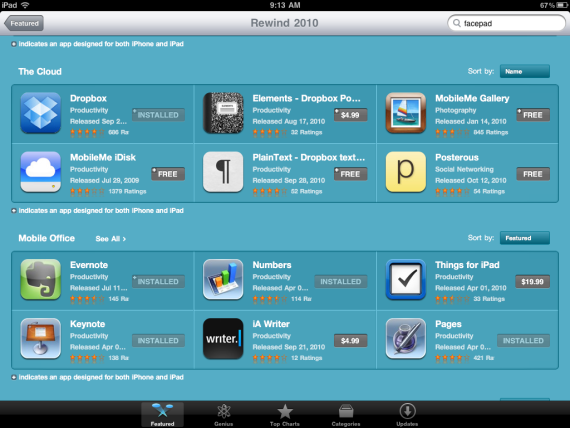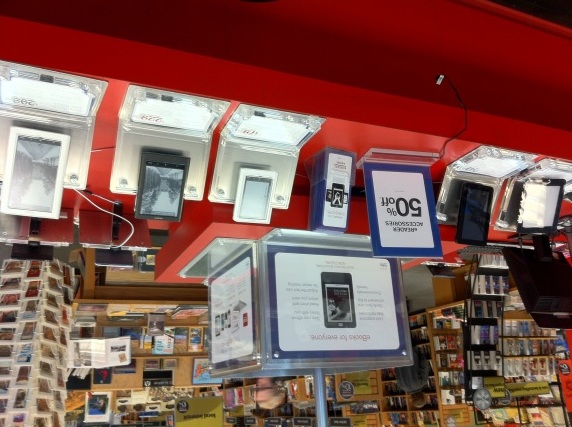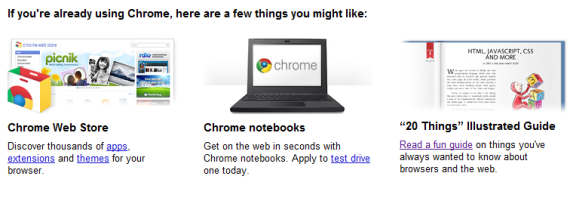Earlier in the week, I listed the productivity and work applications that I use daily. I concluded that the applications I most rely on not those that are the most robust... rather, its those that are most portable and efficient. A great example of that: Evernote.
Note taking can be done in many forms: word docs, notepad, email, competitors, etc. But what makes Evernote so appealing though is that it is available everywhere:
- Web - Chrome App - Chrome Extension - Desktop App - iPhone App - iPad App - Email - etc...
What is notable is that each of Evernote's applications / versions have specific use-cases for that environment. The Chrome extension, for instance, is focused entirely on web-clippings. And the iPad App is very different than the iPhone app. When most properties think of building for different platforms - it is often recreating an experience (which is often the web). Evernote shows the power of building for multiple environments and building tools specific to each environment.











